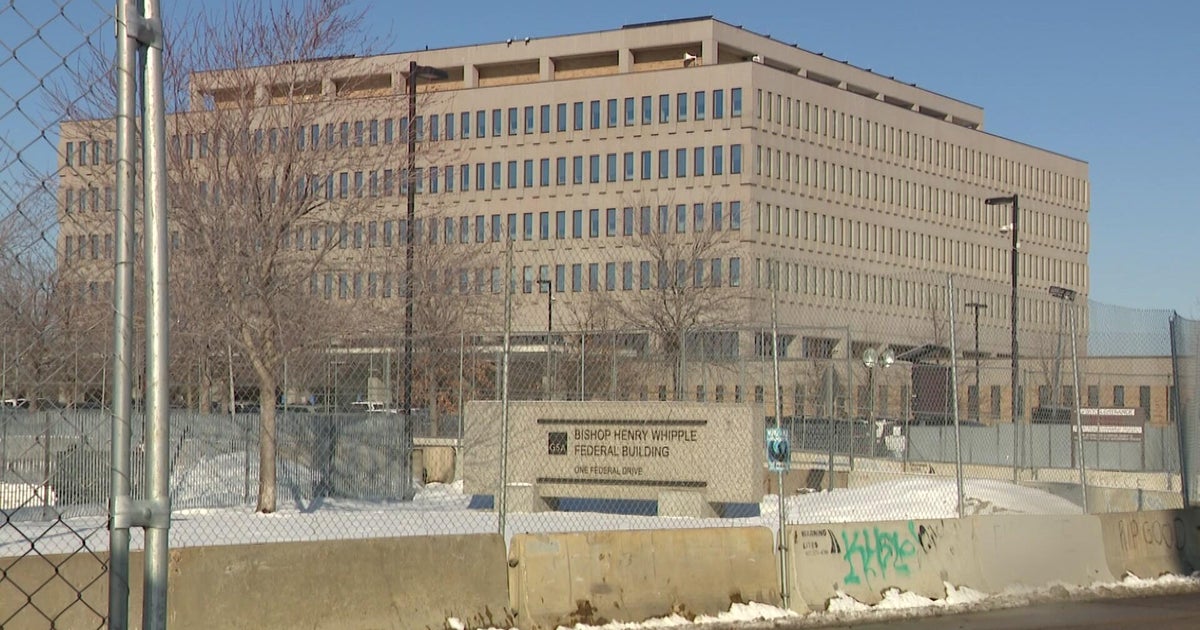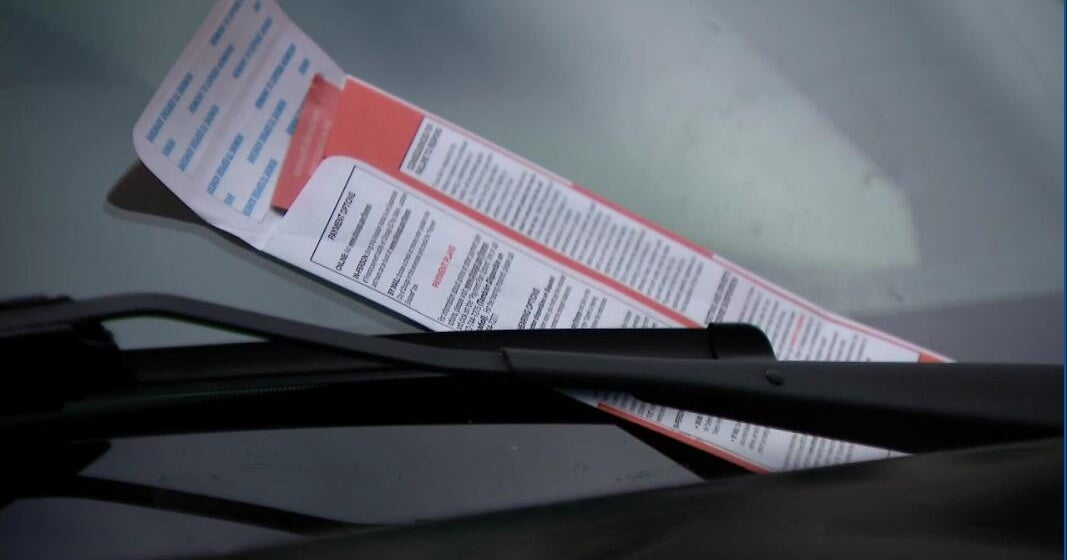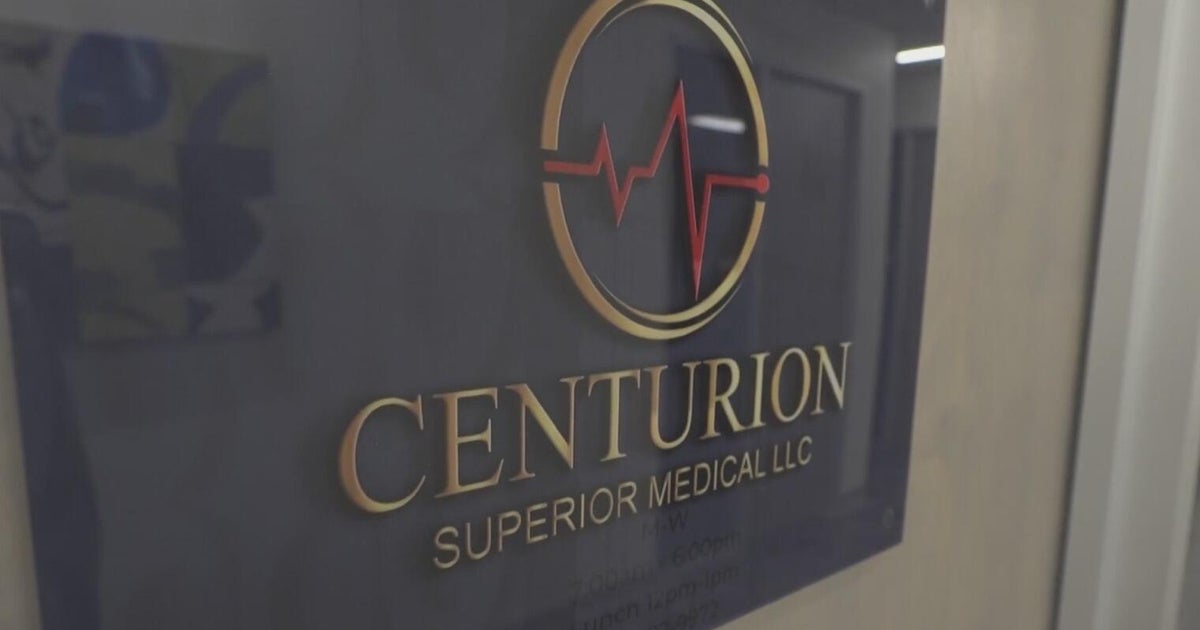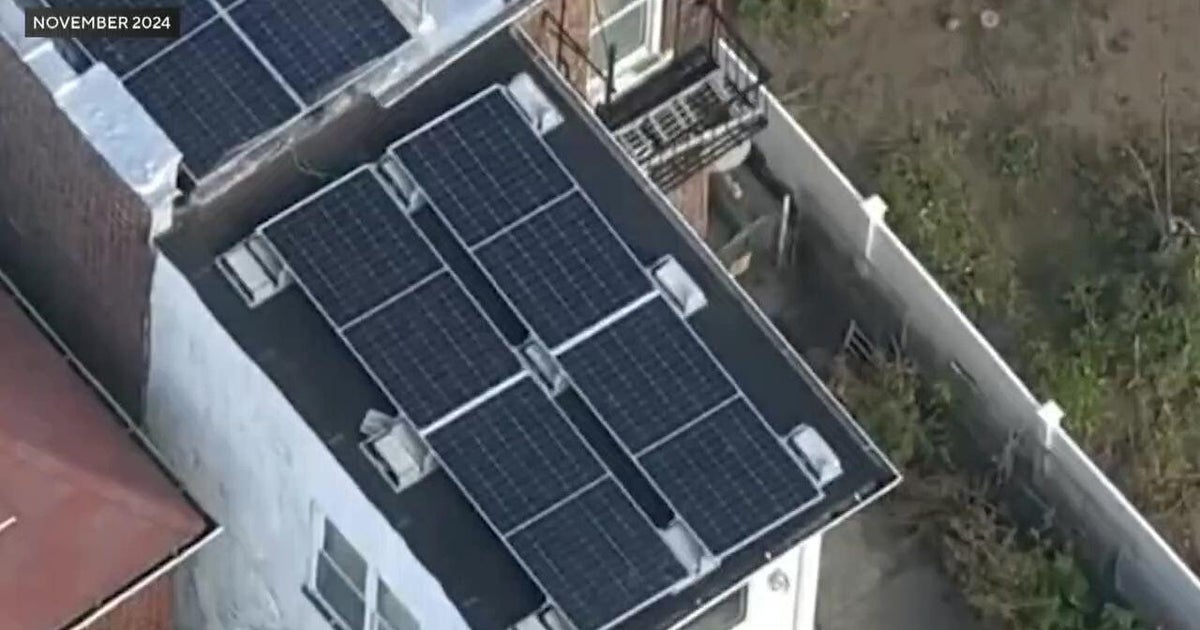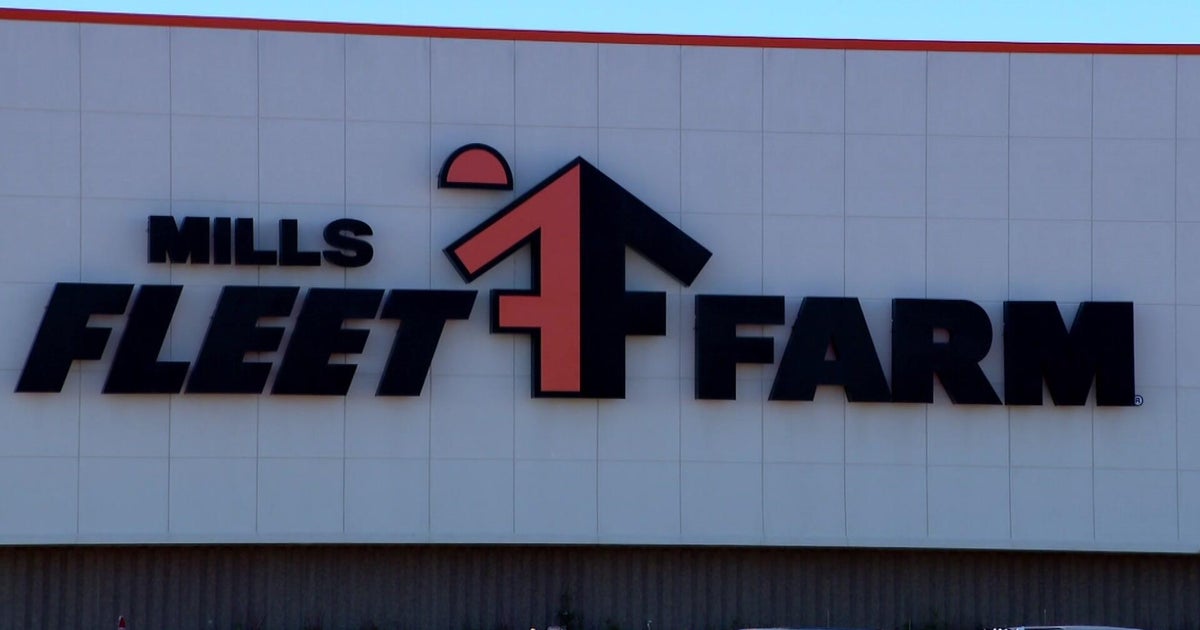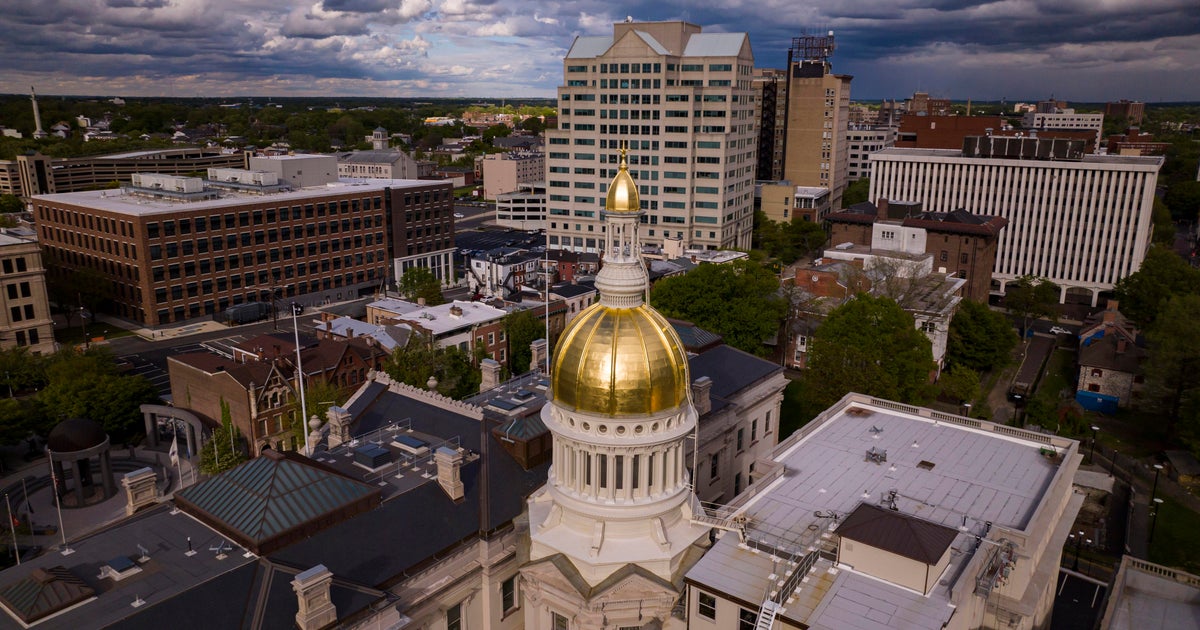Federal racial discrimination lawsuit against Tesla allowed to proceed
While a legal strategy built around the adage "the best defense is a good offense" sometimes works, this time it failed Tesla, Inc.
On Friday, a federal judge gave the green light for the U.S. Equal Employment Opportunity Commission to proceed with its suit against Tesla for "severe or pervasive racial harassment" of workers at its Fremont manufacturing plant. The suit joins two lawsuits currently pending in Alameda County Superior Court that also allege there has been a racially hostile work environment at the factory.
Tesla moved to suspend or dismiss the EEOC's case on grounds that it duplicated the pending state court cases and that the complaint did not allege facts sufficient to conclude that any racial misconduct at the plant was so severe or pervasive to constitute a hostile work environment.
Tesla's moving papers staked out an aggressive position. Pushing back against the EEOC's claims that racial harassment "was frequent, ongoing, inappropriate, unwelcome and occurred across all shifts, departments, and positions," Tesla claimed that "Black workers can and do thrive at Tesla."
In Tesla's opinion, the problem was that "certain Northern California attorneys have targeted Tesla and helped create a deliberately false narrative." In Tesla's narrative, any racial misconduct at the plant only amounted to isolated incidents and in no way, shape, or form was pervasive racial discrimination at the majority-minority facility.
But going well beyond its challenge to the merits of the EEOC's claim, Tesla put the EEOC's conduct directly in its crosshairs.
According to Tesla, the EEOC and the California Civil Rights Department, the state counterpart to the EEOC, have been -- and are -- engaged in a bureaucratic turf war to garner "attention-grabbing headlines."
The CRD is the moving party in one of the Alameda County cases against Tesla and that case alleges many of the same things that the EEOC uses in its complaint.
The EEOC and CRD have overlapping missions and jurisdiction, and Tesla says that the agencies have had a long history of cooperating in their investigations and litigation to avoid wasteful duplication. However, Tesla says that the historic cooperation has fallen apart, "with each agency increasingly eager to file headline-grabbing complaints and report multimillion-dollar settlements."
Tesla cites an unrelated case involving alleged gender discrimination at the gaming company, Activision Blizzard, Inc., in which the EEOC sued Activision and in 2022 reached an $18 million settlement with the company, subject only to approval by the U.S. District Court for the Central District of California.
In an unusual move, the CRD tried to intervene in the Activision case - that is, CRD asked permission to become a party in the pending lawsuit - so that it could object to the EEOC's proposed settlement with Activision. The federal judge who heard the matter rejected the CRD's request to intervene and, according to Tesla, called the CRD's maneuver "unseemly."
In Tesla's narrative, the agencies learned nothing from Activision and in fact, escalated their competition for headlines. That meant "it was now Tesla's turn to be caught in the cross-hairs of this inter-agency battle..."
According to Tesla, after being outflanked in the Activision case, CRD was "afraid that the EEOC would steal the headlines," and so it conducted a "sham" mediation with Tesla and immediately filed suit against the electric car manufacturer. The EEOC, allegedly uninterested in prior complaints against Tesla, brought its suit even though it knew its case was duplicative of the CRD case.
The finger-pointing did not stop there.
Tesla accused EEOC of rushing to complete its investigation and file suit even without visiting the Fremont plant or requesting to interview Tesla's management. Tesla alleges that if EEOC had properly investigated it would have learned that despite the lurid allegations, the "reality on the ground... bore no resemblance" to CRD's or EEOC's claims.
Tesla also asserted that EEOC had failed its statutorily required responsibility to fully explore and, if possible, reach a resolution without a lawsuit.
U.S. District Judge Jacqueline Corley made short work of Tesla's arguments.
She did not bother to discuss the drama in the Activision case, but found that the EEOC had done enough to satisfy any obligation to explore a consensual resolution. She then found that while the EEOC's case overlapped with the Alameda County cases, the cases were not the same and resolution of the other cases would not resolve the EEOC's case.
She also noted that the EEOC's complaint had done more than enough to allege that the racial harassment at the Fremont plant was severe.
She said that among the EEOC's allegations were that non-Black managers and employees repeatedly used the N-word to address Black employees. She quoted another federal judge who wrote, "Perhaps no single act can more quickly alter the conditions of employment and create an abusive working environment than the use of an unambiguously racial epithet such as [the N-word] by a supervisor in the presence of his subordinates."
She allowed EEOC's case to move forward.
The Fremont plant was previously a General Motors facility. Tesla purchased it in 2010 and retooled it to produce electric vehicles. According to the CRD complaint, the facility has 5.3 million square feet of space on 370 acres and employs more than 15,000 workers.
In a release it made when the CRD case was filed, Tesla emphasized that it is the only California car manufacturer and "provides the best-paying jobs in the automotive industry to over 30,000 Californians."
The release went on to say that Tesla is a world leader in innovation, sustainability and clean energy, and concluded that "attacking a company like Tesla that has done so much good for California should not be the overriding aim of a state agency with prosecutorial authority."
Tesla moved its headquarters from Palo Alto to Austin, Texas in 2021, though its website now shows Palo Alto as its "Engineering Headquarters."
Tesla is one of the world's most valuable companies, with a market capitalization of more than $500 billion.
